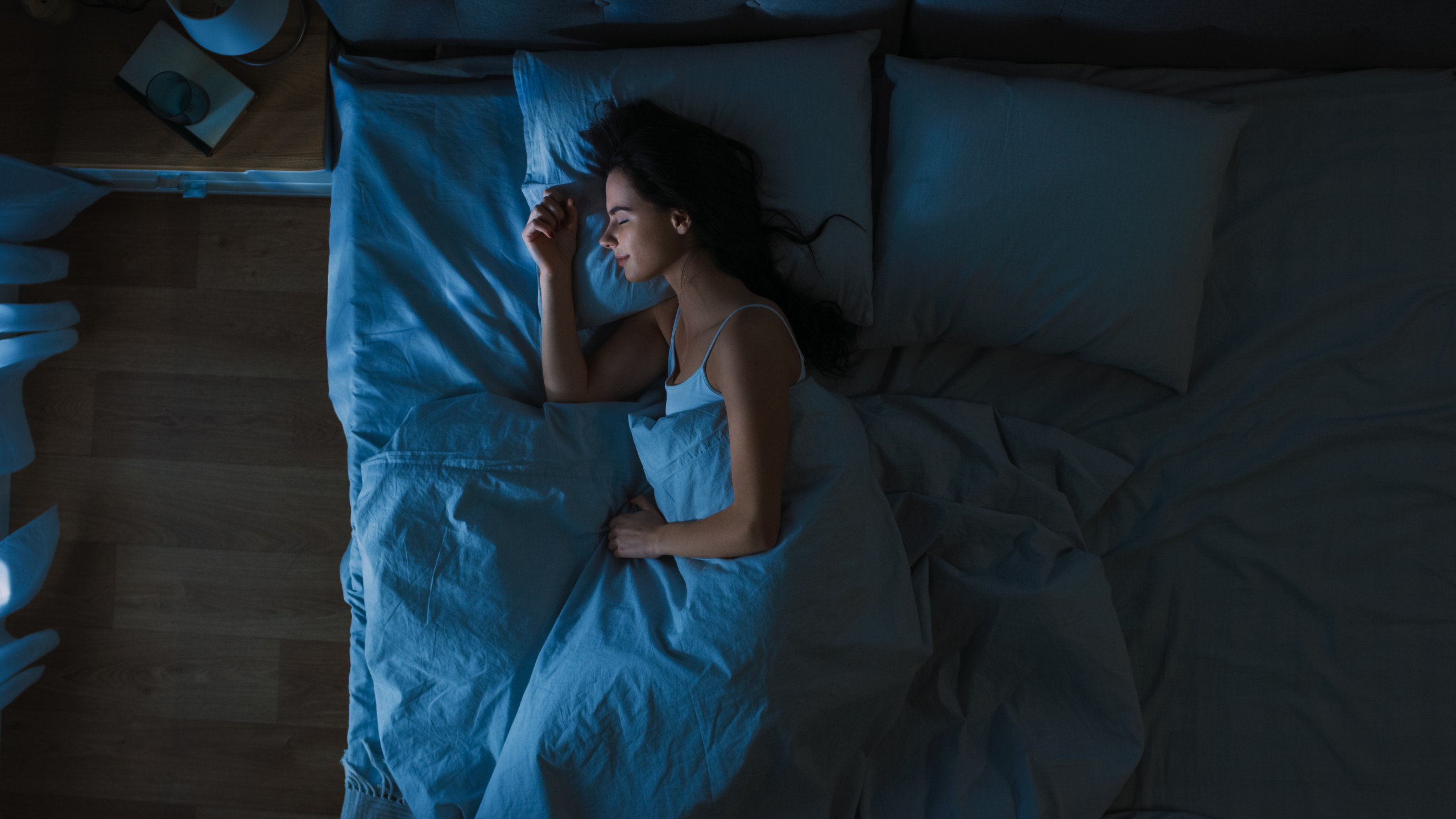How a Rainy Night and Beyoncé Kept DC Metro Running
August 9, 2023
In the captivating world of music and entertainment, artists wield a unique power that extends beyond the boundaries of the stage, leaving an indelible mark on the hearts and minds…

If you’ve scrolled through TikTok lately, you’ve likely seen a plethora of videos discussing the potential benefits of taping your mouth at night.
Many proponents claim that mouth taping encourages a person to breathe through their nose while they rest, promoting deeper sleep while discouraging snoring. Those who experience significant trouble achieving a good night’s sleep are likely curious to try this interesting trend.
However, many physicians are concerned about this practice and have sounded the alarm on the drawbacks of mouth taping. Therefore, it’s important to understand the facts behind this trend and whether the potential disadvantages in your specific circumstances outweigh the benefits.
Mouth taping is a relatively simple process. All you need to try out this trend is a roll of medical-grade tape that is porous and created for use on the skin.
You should never use duct or scotch tape for mouth taping, as they may cause an allergic reaction or harm the skin.
There are two different methods people use when mouth taping. The first method uses kinesiology tape, placing strips just above the upper lip and below the lower one. It’s important to ensure they connect at the corners of the mouth.
The second method requires the placement of a small strip of tape vertically over the mouth, exposing the sides. It’s never a good idea to put it directly over your entire mouth in a horizontal manner.
If you’re new to mouth taping, apply the tape while standing or sitting upright for the first few times.
Another good idea is to practice taping and nose breathing during the day before adding it to your nighttime routine. While mouth taping may take a few days to get used to, many people report sleeping better and waking up more refreshed after they become accustomed to the practice.
Mouth taping may be the secret to getting a good night’s sleep. However, there are other potential benefits you may experience. For example, some people experience increased REM sleep, which is essential for storing memories and retaining knowledge.
In addition, a decrease in snoring may lead to more restful higher-quality sleep with a reduction in waking in the middle of the night.
Because breathing through your mouth at night leaves your gums and teeth more susceptible to bacteria, mouth taping may also improve oral hygiene by decreasing exposure throughout the night. Those who suffer from dry mouth may find their condition improves due to increased saliva production.

While there may be some benefits of mouth taping at night, this practice has potential drawbacks. Mouth taping may cause irritation to the delicate skin on and around the lips. Some people with facial hair may also find it painful to remove the tape.
Others may suffer from disrupted sleep due to an inability to breathe through the nose. Also, those suffering from anxiety may notice an increase in their symptoms. You should not attempt this practice if you are highly apprehensive about mouth taping or have an anxiety disorder.
Although mouth taping may work for some, it is not for everyone. Before trying mouth taping for yourself, be sure to visit the doctor to rule out any medical condition that might be affecting your sleep.
Some conditions, like polyps or a deviated septum, may cause significant sleep disruption and can be addressed with surgical interventions.
Those with sleep apnea or any other condition that causes restricted breathing should not practice mouth taping. While some studies have shown a slight reduction in snoring for those with mild sleep apnea, it is ineffective for those with moderate or severe forms of this condition.
Some people suffering from allergies may also experience a stuffy nose and should not try this practice, as it can become dangerous and cause obstructed breathing. In addition, parents and caregivers should never try mouth taping on a child.
If you have a vomiting-related illness or feel nauseous, you should not try mouth taping, as this might cause aspiration. Finally, if you have been consuming alcohol or any illicit substance, you should not try mouth taping unless you are sober.
If you’ve tried mouth taping and it didn’t work for you, or if you have additional concerns about this practice, there are other methods you can use to try to achieve a better night’s sleep. For example, sleeping on your side can substantially decrease mouth breathing.
Nasal strips can also open up nasal passages while encouraging you to breathe through your nose as you sleep.
Incorporating a daily exercise routine into your schedule is a great way to stay healthy while ensuring your body is ready for sleep in the evening. If you smoke, try to quit and avoid all caffeine and alcoholic beverages for several hours before bed.
It’s also important to try to go to sleep and arise at the same time every morning, even on the weekends. If you often struggle to fall asleep due to stress or anxiety, consider using aromatherapy as part of your bedtime routine.
Lavender can be very soothing and induce feelings of relaxation, helping you drift off to sleep more quickly.
Healthy sleep hygiene is important, and what works for one person may simply not work at all for another. By scheduling an appointment with your doctor and weighing the potential benefits and drawbacks of mouth taping, you can make the right decision for your particular circumstances so you can enjoy a more restful night’s sleep.